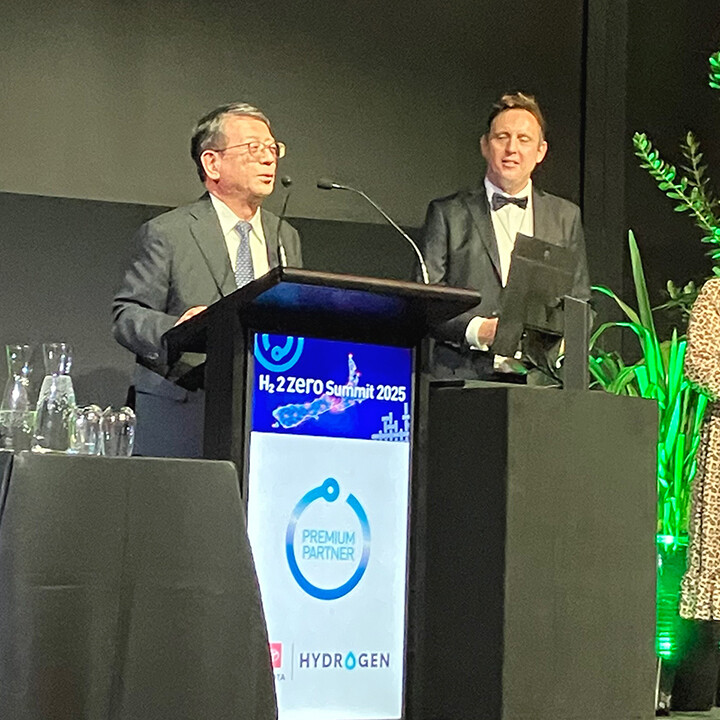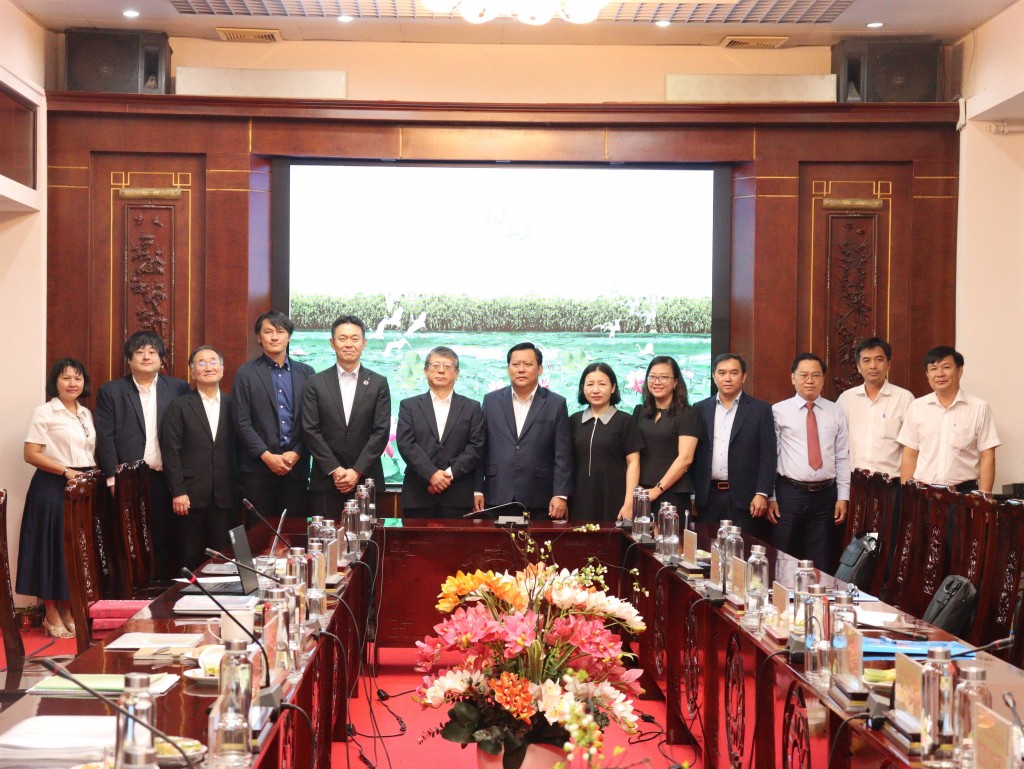COP30 AMAZONIA BELÉM BRAZIL 2025 - OBAYASHI CORPORATION: Advancing Hydrogen Infrastructure and Regional Collaboration in Asia
By Ngo Khuyen, Journalist, Vietnam Business Forum/VCCI on November 7 2025
In an exclusive interview with Vietnam Business Forum of VCCI, Rinko Aki, Senior General Manager of the Green Energy Division at Obayashi Corporation, shared insights into the company’s pioneering hydrogen projects in Japan and New Zealand, as well as its perspective on Vietnam’s potential in developing a hydrogen economy.
Q: From your projects in Fukushima and Tokyo, what are the main lessons in aligning policy, technology, and market growth to advance hydrogen infrastructure?
A: We believe that the key takeaways from our Fukushima hydrogen transportation project and Tokyo refueling station initiatives are the importance of integrating our decarbonization policy, advanced technology, and demand development into a unified project framework, as well as understanding the need for close collaboration among government offices, the private sector, and local communities. To be more specific, leveraging government grants, meeting strict safety regulations and certification requirements, and diversifying hydrogen applications into mobility and industrial use are crucial for a viable business model for commercialization.
Q: With projects in New Zealand and hydrogen transport to Fiji, what are the main logistics and safety challenges in cross-border hydrogen shipping?
A: Challenges in cross-border transport, such as shipping hydrogen from New Zealand to Fiji, involve arranging experienced operators for domestic and marine transportation, harmonizing safety standards across multiple countries, obtaining certificates in each country, and establishing a mutual recognition scheme. Cost efficiency, being a critical element in hydrogen export, requires local partnerships, an optimal hydrogen carrier (compressed/liquefied hydrogen, MCH, hydride alloys, etc.), and proactive intergovernmental talks.
Q: Your company recently received the 2025 Government Award in New Zealand for its green energy contribution. What key factors led to this recognition, and could this model work in Vietnam?
A: The New Zealand government award was granted in recognition of our contribution to large-scale CO2 reduction by utilization of geothermal-derived green hydrogen, our project management with transparency through the demonstration phase to commercialization, and close collaboration with Maori communities and local industries. In order to apply this success model in Vietnam, promoting surplus renewable energy for local use, consensus-building for government roadmaps, and compliance with global standards will be pivotal.

Kenichi Ando, Senior Managing Executive Officer of Obayashi Corporation, delivers his acceptance speech at the Aotearoa Hydrogen Awards ceremony of New Zealand, June 2025.
Q: Vietnam aims for Net Zero by 2050 and is developing hydrogen infrastructure. How do you view the opportunities and roadmap for its hydrogen market?
A: We recognize that Vietnam has set ambitious goals of achieving carbon neutrality by 2050 and expanding renewable energy development. Although it is highly appreciated that the country has started promoting electrification in industrial parks and advancing hydrogen-related demonstration processes for local production for local use, a concrete roadmap for achieving these goals does not seem to have been fully formulated as of yet. Our approach to Vietnam’s decarbonization goals is underpinned by utilizing NEDO programs and collaborative partnerships with local governments and industrial parks. We ensure reliability and obtain certification to international standards by building robust EPC and partnership structures.

Leaders of Obayashi Corporation, Green Energy Division at a working session with Tay Ninh Provincial People's Committee on implementing the investment in a green hydrogen project funded by NEDO in Tay Ninh, October 2025
Q: From a trade perspective, what are your expectations for a hydrogen export corridor from Vietnam to Singapore and other ASEAN countries?
A: Establishing a hydrogen export corridor from Vietnam to Singapore and other ASEAN countries will require new port infrastructure, harmonized standards across multiple nations, optimized logistics, and proactive cross-border supply-demand management. By securing stable partnerships among the nations and ensuring reliable safety management, we aim to contribute to Asia-wide decarbonization.
Thank you very much!






